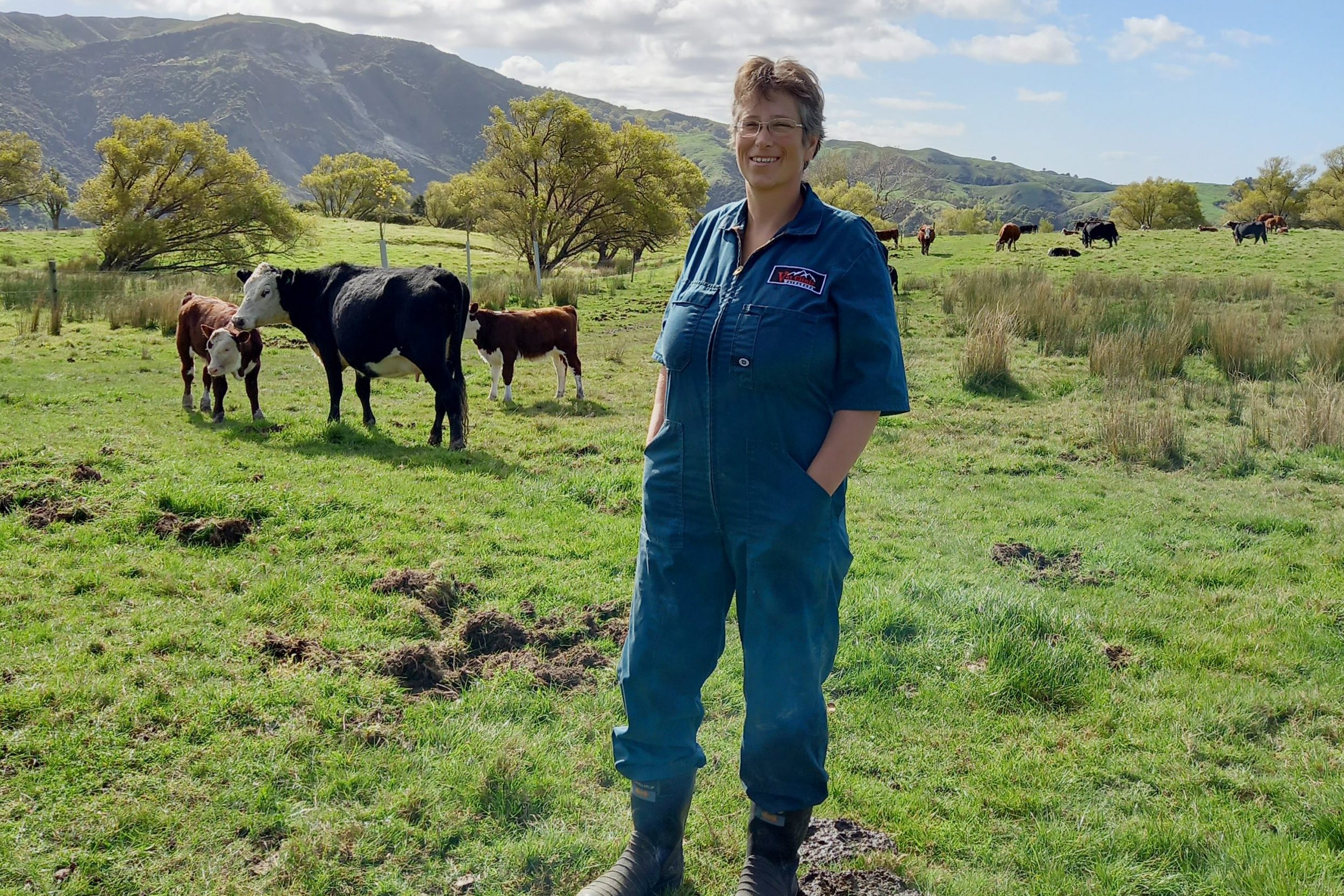Tim Fulton
The University of Otago is defending a study that finds beef and lamb are the most climate-polluting foods.
Student Jono Drew, did the research as a thesis for the requirements of a Bachelor of Medical Science Honours degree from the university.
Outside university, Drew is a founder and organiser of a Dunedin group, Plant Based Living Initiative. The group describes itself as a non-profit website offering an online platform that focuses on the many potential benefits of whole-food, plant-based eating.
The Plant Based Living Initiative website says the group does not receive any funding, nor does it accept donations. It does occasionally provide free group education and worked with other organisations to share information “advocate for food system change and undertake policy-related work” and its declared aim is to “promote healthy and environmentally friendly population-level eating patterns”.
Drew’s peer-reviewed study published in Environmental Health Perspectives puts together a database of foods commonly consumed in New Zealand and their climate effects. Beef and lamb are followed by processed meats, butter, pork, and cheese.
The research says if all Kiwi adults shift to a plant-based diet, emission savings equivalent to cutting annual car emissions by 59% could be made.
Savings to the healthcare system worth billions of dollars over the next few decades could be made, the study finds.
Commenting on media coverage of Drew’s study, the group’s Facebook page declares “it’s a real shame that beef + lamb still get their space to #cast #doubt in the name of journalistic ‘#balance’. The Newshub story quotes Beef + Lamb NZ saying the study is “unfair” and “overly simplistic” because most land used in NZ would be unsuitable for producing plant-based foods.
Neither Drew nor senior author, Associate Professor Alex Macmillan, responded to Country-Wide’s request for comment on the study. McMillan is a public health physician and associate professor in environmental health in the university’s Department of Preventive and Social Medicine.
The university issued a statement for Country-Wide from Deputy Vice- Chancellor (Research and Enterprise), Professor Richard Blaikie.
Voluntary evidence-based advocacy and science communication roles did not have to be disclosed in conflict of interest statements for journals, Blaikie said.
“Currently, whether such roles are disclosed or not is a matter of personal decision. Many researchers will be undertaking similar science communication and advocacy roles as part of their university and public service.”
All of the evidence that Drew’s work was based on was detailed in the reference section at the rear of his research paper and he had no conflict of interest, as per academia’s competing financial interests declaration.
Blaikie said the research was peer reviewed, “in a process that was, if anything more robust than most research published in an international journal”.
Because Drew undertook the research as a thesis for the requirements of a BMedSciHons degree, his thesis was first marked – a detailed form of peer review – by two senior researchers. Blaikie said the resulting journal article then went through the usual peer review process (involving two ‘blind’ peer reviewers) for the international journal where it was published.
Blaikie said the Ministry of Health’s deputy director, Harriette Carr, has welcomed the study, saying the NZ-specific research was important and topical.




